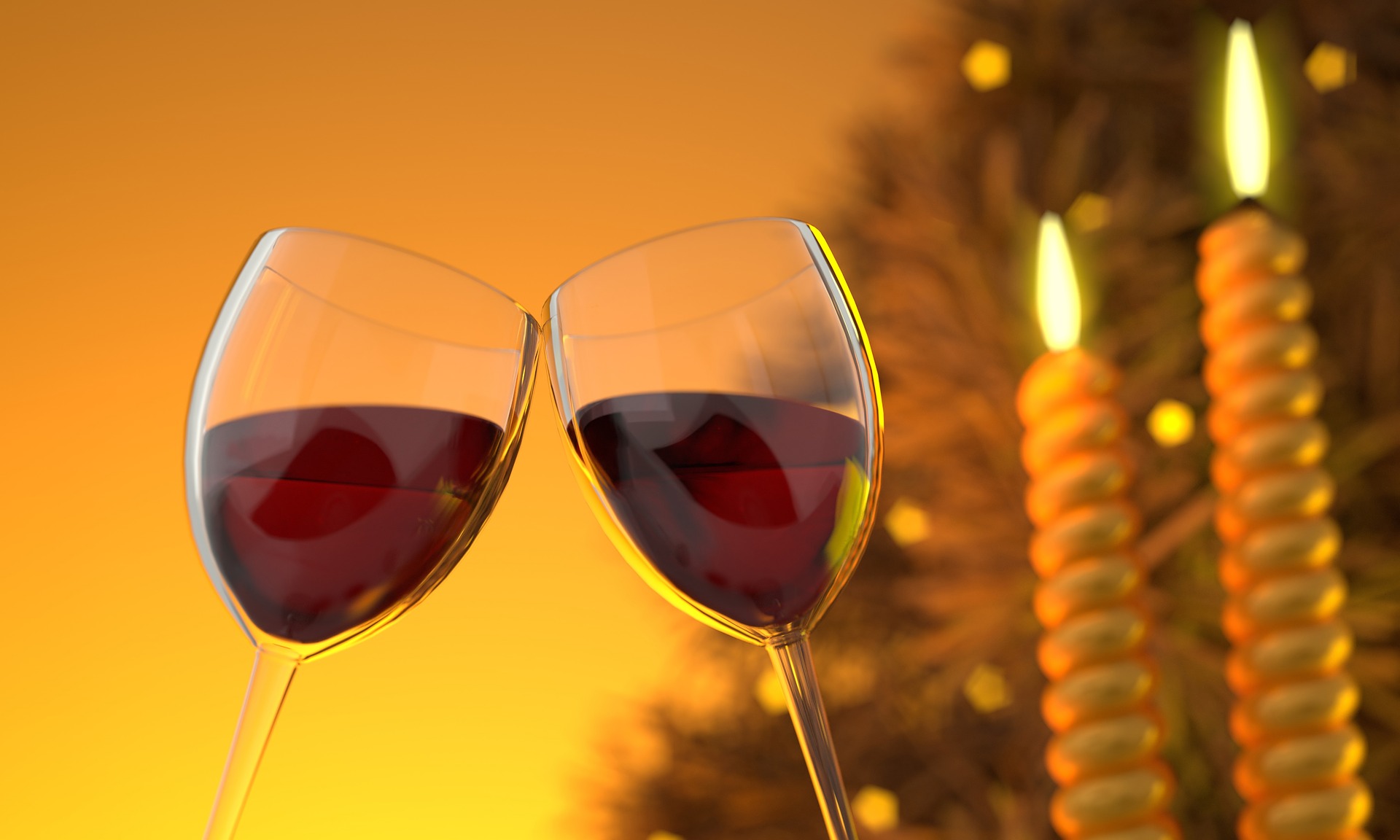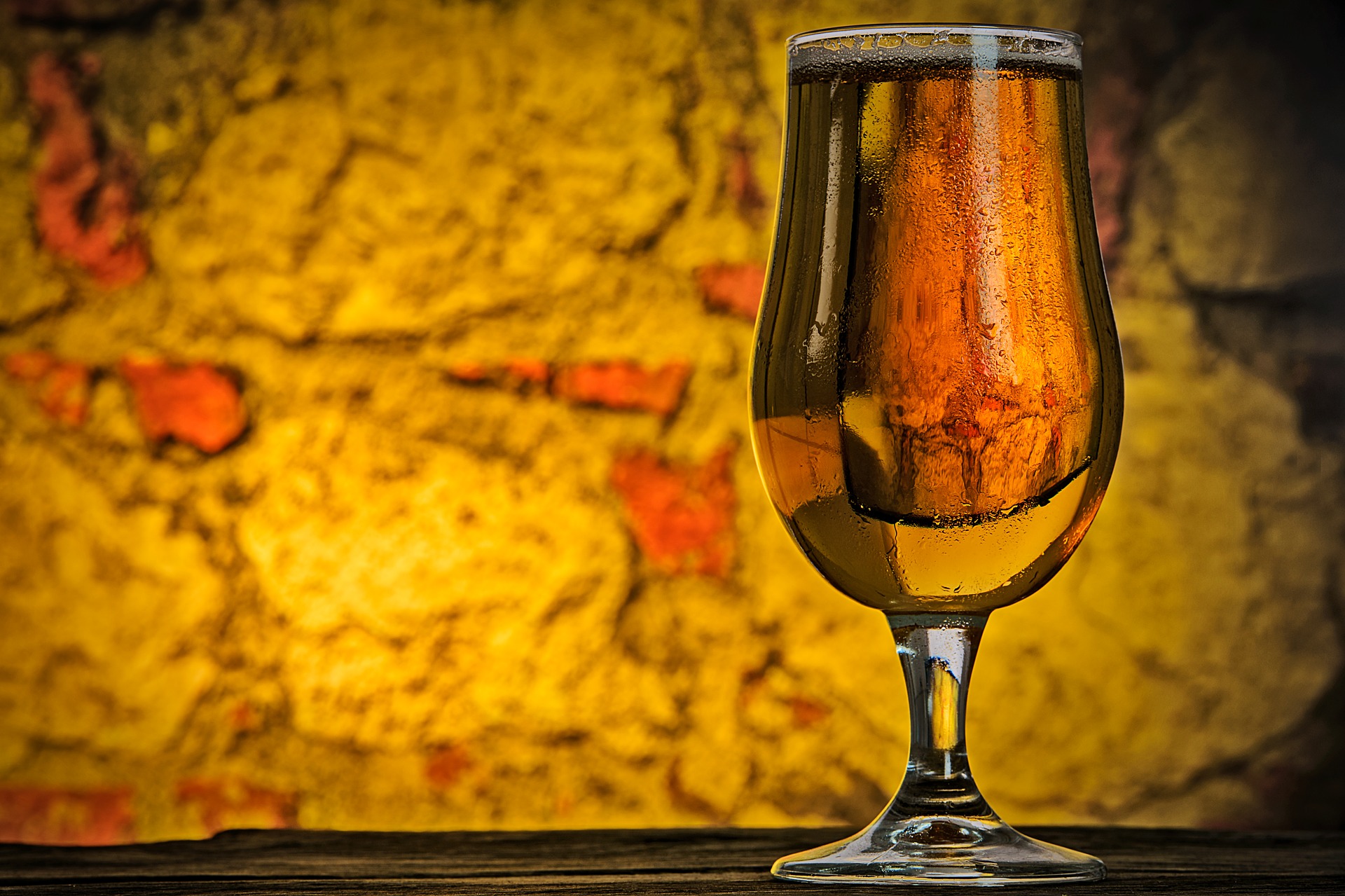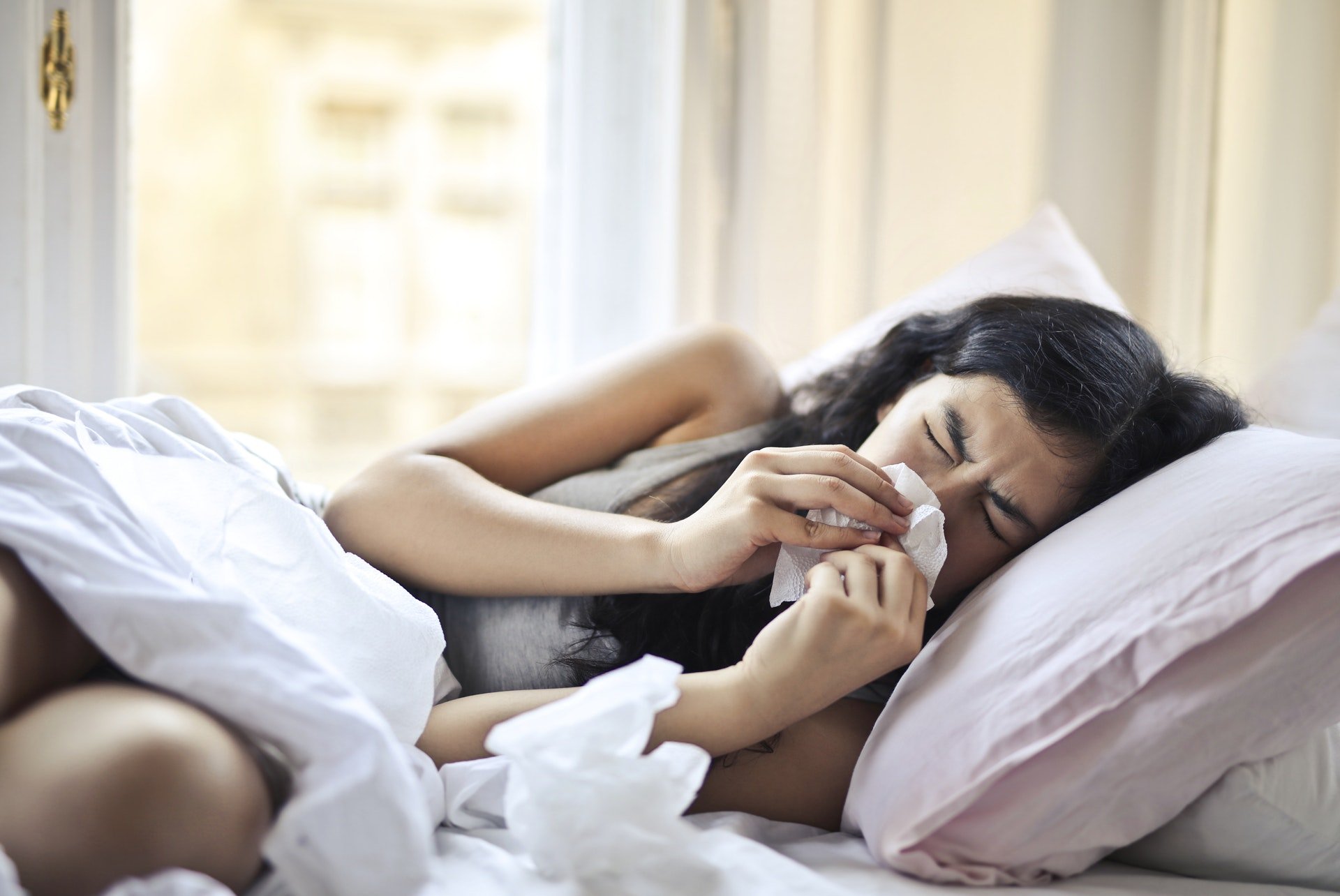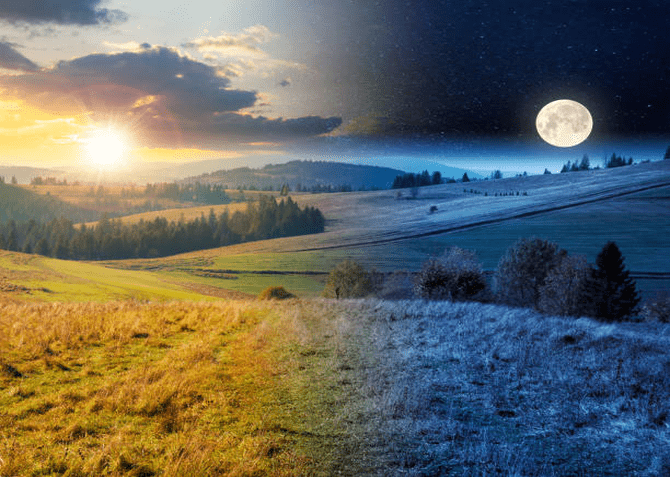
Don't booze and snooze: How to protect your sleep from alcohol
When it comes to sleep disruptors, it's universally agreed that caffeine and alcohol are two of the worst out there.
However, while many people are wary of drinking a cup of coffee or an energy drink before sleep, most alcohol consumption occurs in the evening, sometimes within an hour or two of bedtime. Though beverages like beer, wine, and spirits can make you feel sleepier, they can really disrupt your rest as the night goes on.
As the festive party season is just around the corner, we thought it would be a timely opportunity to look at the effects of alcohol on sleep and what you can do to protect your night's rest.
How does alcohol impact sleep?
If you drink alcohol on a regular basis, you're at risk of damaging the quality of your sleep. Your body knows when it's time to go to sleep thanks to its circadian rhythm, a process that regulates almost everything, including your metabolism, cognitive functions, and mood. When you take in a moderate-to-large quantity of alcohol, it acts as a disruptor to this rhythm, causing your body to lose track of itself and throw off your sleep-wake cycle.
Another effect of alcohol is its ability to put you into a deep sleep quicker. While this may seem like a positive, it actually works against your body by forcing you to spend less time in deep sleep as the night goes on, fast-tracking you into Rapid Eye Movement (REM) sleep, which is much less restful. If you've ever felt like you're still tired the morning after drinking, even though you got your eight hours, this is probably why.
Alcohol can also disrupt sleep in other ways. Firstly, it's a diuretic — a substance that causes the body to increase the rate it loses fluid through urination and sweating — so you'll probably find yourself waking to go to the toilet through the night, as well as feeling dehydrated.
And, alcohol relaxes the muscles in your body, including those in your nose, mouth, and throat, which can cause snoring. This is more of a sleep disruptor for others, but a disruptor nonetheless — check out our previous post on snoring to get tips on how to beat it.
How can I minimise the effect of alcohol on sleep?

Though the easy answer to this is to cut out alcohol altogether, it's an unrealistic goal for those that enjoy wine with dinner or a couple of pints at the pub. Thankfully, there are a few ways you can minimise the effect of alcohol on your sleep, which we've listed below.
Avoid drinking large quantities of alcohol regularly
To make sure that alcohol doesn't have a big enough effect on your sleep to cause major disruptions, you should avoid drinking large quantities regularly. This is because the more you drink, the more your sleep cycle will be disrupted, and the more you will feel the effects through the night. And, the last thing you want is a few evenings of heavy drinking to throw you completely off kilter.
This doesn't mean that you need to give up your favourite beer, wine, or spirit, but exercising a bit of discipline and only drinking in moderation will ensure that any sleep disruption is limited.
Allow enough time for your body to process alcohol
Another way that you can minimise the effects of alcohol on sleep is to give your body enough time to process it before you head to bed. If you drink a few hours before you plan to snooze, your body will have metabolised most of the alcohol, resulting in much less disruption for your sleep cycle.
The NHS says that it takes about an hour for your body to break down one unit of alcohol, on average, so you should be able to work out roughly how long to allow for when you're planning your evening. However, it is worth remembering that your body's ability to process alcohol is affected by a few factors, including your weight, sex, age, and how much alcohol you've consumed, so the number of hours required may differ from person to person.
Give fizzy alcoholic beverages a miss
When you're choosing which alcoholic beverages to drink, it's a good idea to steer clear of both fizzy and sugary options, as they can contribute to more sleep disruption than other types. The bubbles from carbonated drinks like champagne, prosecco, cava, and fizzy mixers, can create gas and bloating in your stomach, causing it to distend and create more surface area for alcohol to be absorbed. The more alcohol that is able to get into your system, the more your sleep will be disrupted.
Alternate between alcoholic drinks and water
A great way of making sure alcohol doesn't harm your sleep is to drink a glass of water for every pint or glass of wine that you consume. Not only does this flush your system of the substance for when you head to bed, it also ensures you don't become dehydrated, another condition that can have a negative impact on your sleep-wake cycle. You'll also feel much fuller, reducing the temptation to have just one more drink.
If you have any questions about boosting the quality of your sleep or need information on creating the ideal sleep sanctuary, get in touch with our team or check out our blog and advice centre.








Leave a Reply